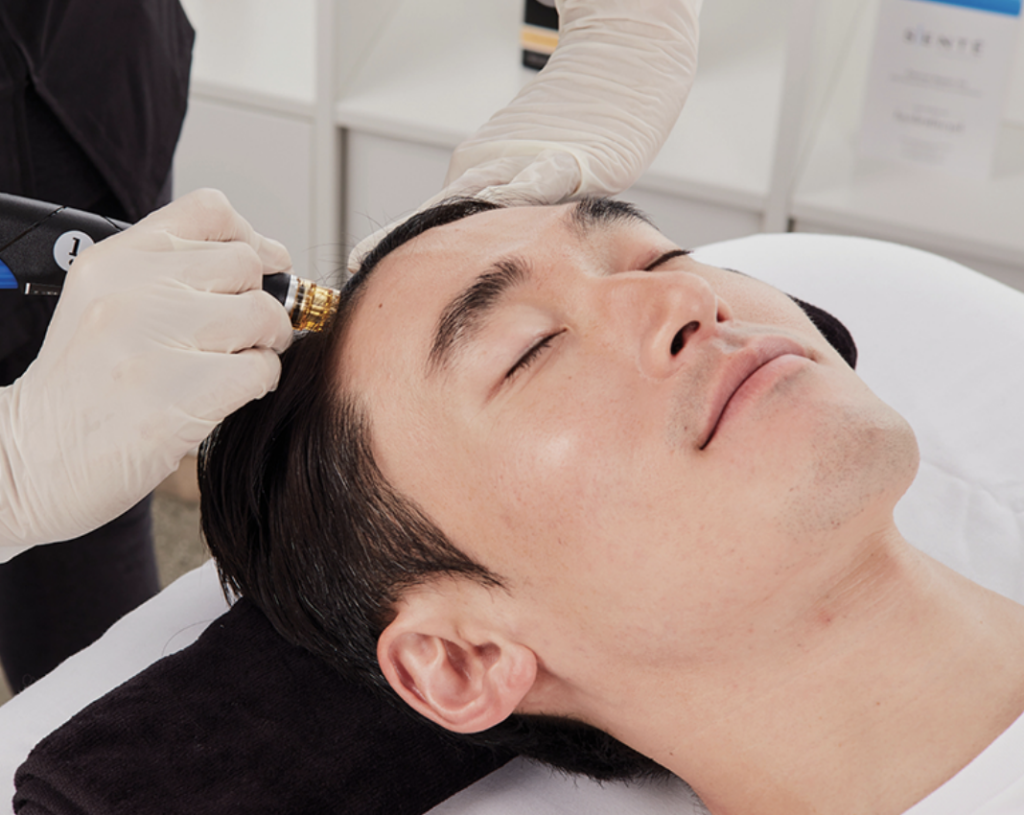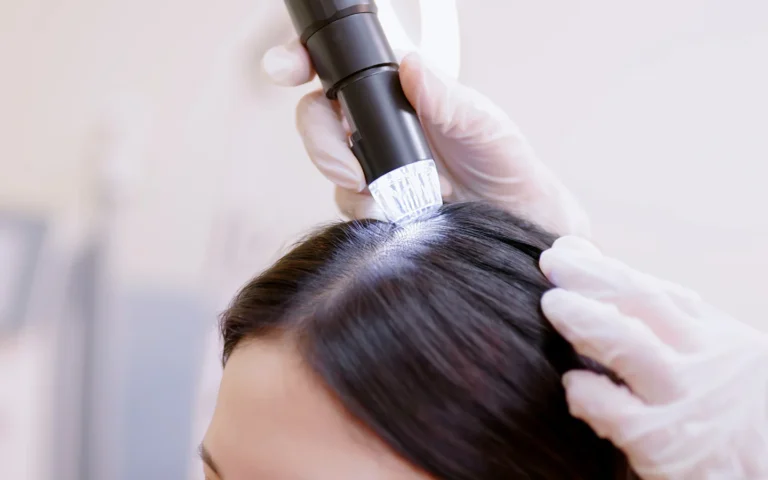Hair loss, also known as Alopecia, is a condition that can affect not only your scalp, but also your entire body. It can be either temporary or permanent in nature.
Hair loss is more commonly observed in men as Baldness, although it can happen to anyone. There are several factors that can lead to hair loss, including heredity, hormonal changes, underlying medical conditions or normal aging process.
People lose about 50 to 100 hairs every day, which is usually unnoticeable as new hairs grow equally as fast and frequent. However, when hair fails to replenish itself, the loss becomes noticeable. There are various factors that can cause hair loss in men and women. They include:
The chances of you experiencing hair loss in your lifetime can, however, depend upon these few factors:
It is good to consult a doctor if you notice persistent hair loss that is affecting your mental wellbeing. If you also happen to notice sudden patches of baldness, or hair loss in random patches, it is advisable to consult a doctor as sudden hair loss maybe a sign of an underlying medical condition.
If you experience hair loss that is a direct cause of your heredity or genetic makeup, it is not preventable. However, there are steps you can take to prevent potential chances of hair loss, in controllable cases:



